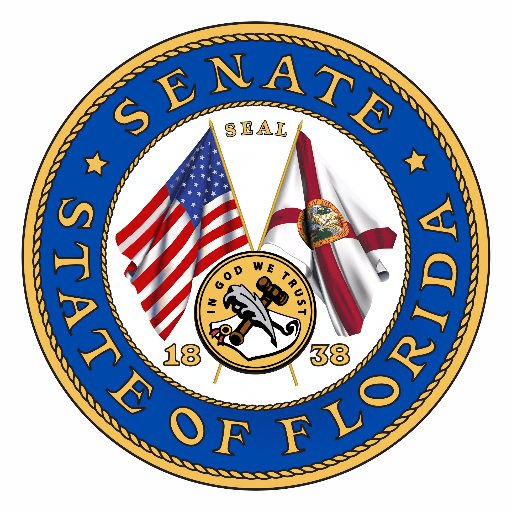Florida Senate Bill SB-820 – Workers’ Compensation Insurance; Employee Leasing Arrangements
Senator Keith Perry of Gainesville (R) is the sponsor of Senate Bill 820, an amendment to Florida Statute 627.192; Workers’ Compensation Insurance; Employee Leasing Arrangements. It is to be effective 7/1/21.
https://www.flsenate.gov/Session/Bill/2021/820/BillText/Filed/PDF
Of particular note in this statute is the relationship between the “employee leasing” (aka Professional Employer Organization/PEO) company and client company when it comes to workers’ compensation insurance. Who bears responsibility for the procurement of workers’ compensation insurance for the client company is outlined as well as who is responsible in the event that an employee is not covered.
It is assumed that the purpose of SB-820 is to close the so-called “gap in coverage” that exists when a business (“client company”) becomes coemployed with a PEO through a master policy PEO arrangement and does not report all of its employees. The ability of the PEO to aggregate non commonly-owned entities is enabled through the concept of coemployment; a legal agreement that speaks to “employee leasing” and the roles and responsibilities of each of the coemployers. This legal arrangement and all the rights that come with it are made certain when the client company reports all of the employees of the client company to the “employee leasing” company at which point they are formally “coemployees” of the employee leasing company and afforded workers’ compensation. Payrolls are also run through the PEO, further cementing the employer/employee status.
This way of procuring workers’ compensation with a PEO as part of a bundled suite of services has worked/works flawlessly for the Florida PEO, the insurance carriers that support them and the client company; until there is fraudulent reporting of employees or lack of actual insurance. Specifically, if the client company chooses to direct employment but not pay the workers’ compensation premiums associated with said employment and an occupational claim occurs, there is no coverage. The PEO or insurance carrier will not cover because there is no doctrine of “insurable interest” (combinability) if the hurt employee was not an employee. This could happen in the “pay under the table” scenarios or the improper use of a 1099 independent contractor designation. These situations also happen when it is found that there are uninsured subcontractors underneath a contractor that uses a PEO. The majority of these occurrences happen in the construction field, where sub-contracting is commonplace, rates are higher and margins tight.
The reality is non-reporting of workers’ compensation payrolls/covered employees or not purchasing workers’ compensation is fraud. Whether the client company was placed through a traditional agent or PEO, it is fraud. “Paying under the table” has been historically commonplace well before PEO was even an industry and is the root issue that needs to be addressed by all stakeholders of the workers’ compensation system.
I know that FAPEO will be reaching out very soon to its constituents to discuss in detail SB-820’s potential impact and what lies next. Making sure that every employee is properly taken care of by the workers’ compensation system as a whole and there is never an uninsured employee for any reason should be the overall goal. I know that the PEO industry will do its part to get there and then some!
Join the Conversation on Linkedin | About PEO Compass
Contact Professional Employer Organization (PEO) Expert, Paul Hughes
Paul Hughes has been working with the Professional Employer Organization (“PEO”) industry since 1995 and data management since 2005. He is responsible for the day to day operations of both Libertate Insurance Services, LLC and RiskMD, which reports into the overall Ballator Insurance Group family of companies. Learn more about Paul.
Specializing in PEO Services: Workers Compensation, Mergers & Acquisitions, Data Management, Insurance Focus on: Employment Practices Liability (EPLI), Cyber Liability, Health Insurance, Occupational Accident, Business Insurance, Client Company, Casualty, and Disability Insurance.
